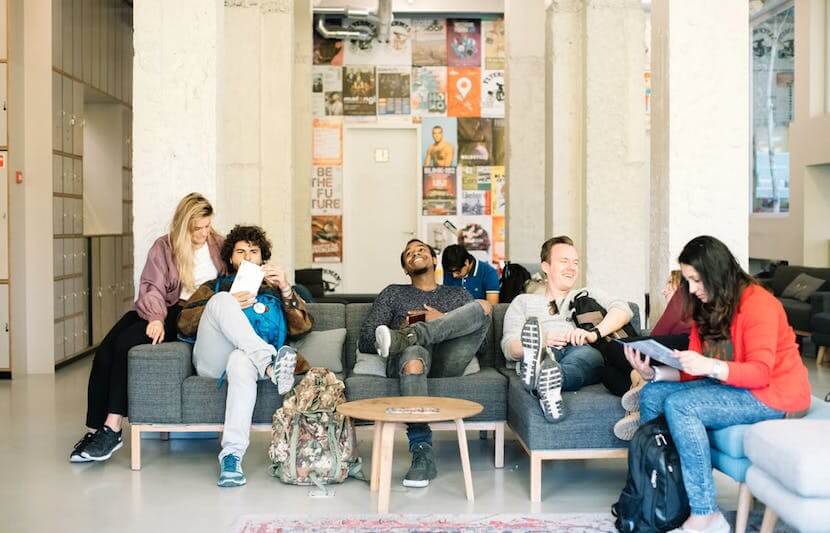Diversity in higher education is crucial for the development of young adults. It enables young adults to enter the global workforce with a pre-instilled understanding of people and all of their differences. The ability to work with, conversate, respect and relate to people of every cultural, sexual, or ethnic background is essential to the growth of society.
Stony Brook University (SBU) welcomes diversity and hopes to serve as a pioneer in this regard. The university has recently taken many steps to implement diversity as one of its key pillars, and is confident that it will be able to set the standard for inclusive excellence in higher education across the country.
SBU has made great strides since it first introduced the SBU Plan for Equity, Inclusion and Diversity in May 2016. In a short span of time, it has successfully brought many initiatives into being, including: creation of gender-inclusive housing options; implementation of the necessary processes and software changes to allow faculty, staff, and students to use their preferred name, pronoun and gender identities; introduction of 24 locations with all-gender and single-stall restrooms; unveiling of its UNITI Cultural Center in the Student Activities Center—a multicultural center promoting diversity and inclusion within the SBU community; and hiring of Lee Bitsóí as its Chief Diversity Officer. SBU is currently in the midst of creating an LGBTQ Center.
SBU’s 2017 Implementation Work Plan, which is available on the university website, shows the all-encompassing nature of the university’s diversity and inclusion plan.
With the new position, Bitsóí is eager to make SBU even more diverse, inclusive and welcoming. He has made it a priority to give voice to those who are underserved, underrepresented and unmentioned in society and the higher-education setting.
“My overarching goal is to expand the understanding of diversity and inclusion beyond the commonly accepted two-dimensional construct focused on race and biological sex,” Bitsóí told the University Network (TUN).
Each of us brings an intersectionality to Stony Brook, and society, so we need to be aware of visible and invisible forms of diversity.
Bitsóí was just sworn in on July 28, 2017, so he has had little time to implement his initiatives. But he makes it clear that his first and foremost goal is to increase the level of cultural dexterity in the SBU community.
“Cultural competency, humility and respect are important components of cultural dexterity, and our students need to learn about this as we prepare them to become leaders in our society,” Bitsóí said.
In an effort to achieve this goal, Bitsóí is currently conducting an audit to understand the current diversity programming in place for members of the SBU community. After he gathers sufficient information, Bitsóí plans to offer a diversity summit for all of SBU to discuss and uncover strengths and weaknesses, ultimately making SBU even more diverse and inclusive.
The campus culture at SBU makes it the perfect place to pioneer an influential diversity and inclusion plan. Historically, SBU has been able to open doors to financial sustainability for students from low-income homes. Built on this model of success, Bitsóí is confident that SBU will be able to create an environment that can foster success for all students.
Bitsóí makes it clear that this transformational period is about giving voice to those who historically have not had one.
In giving voice, we must be ever cognizant that diversity is not a person, program or destination, and is never fully achieved because it is an evolving, interdependent ecosystem that requires everyone’s participation.
According to Bitsóí, the diversity and inclusion plan is to serve as a framework to inspire everyone in higher education to move beyond a heteronormative mindset and in turn help the country take a diverse shift towards a minority-majority nation.
SBU’s diversity and inclusion plan should inspire education institutions across the country to help change pre-existing views. After all, colleges and universities exist as platforms for catapulting young adults into society. While all educational institutions take great pride in their ability to mold, teach, and educate students, the terms “education” and “knowledge” in a higher-education setting should mean more than academic learning. A college degree should represent a young adult who is keen on diversity and is comfortable with people from unfamiliar communities and historical backgrounds.



